This last week I watched a video from Brian Lagerstrom on YouTube. He is a professional cook and baker who aims to do something very similar with his videos that I do in this column: demystify cooking techniques to help a home cook prepare great food. In the latest video, Brian describes a handful of pantry staples that he believes are worth spending extra money on and some ingredients where he thinks splurging is just a waste of money. For the most part, I agree with his logic, so I wanted to share the information with our readers here at “The Fallon Post.”
The first ingredient that we agree is worth the splurge is beans. The beans inside a bag at the grocery store were often harvested at least 10 months before they reach the shelves, sometimes they are over a year old. The older, drier beans are more challenging to rehydrate and often yield a result that is somehow both undercooked and overcooked simultaneously.
Heirloom beans, on the other hand, cook more consistently and yield an end product with snappy skin, a super creamy body, and great flavor. The cost difference between commodity beans and heirloom beans can be significant but, if you love beans the cost is worth it.
The second ingredient we agree is worth the extra expense is canned tomatoes. The difference between a bougie can of tomatoes and a generic can of tomatoes is the quality or grade of the fruit that went into the can. Premium canned tomatoes are made from the top-grade product meaning the tomatoes were field ripened and harvested at the peak of flavor. Nice canned tomatoes are important when you are cooking a dish that is tomato-forward like pasta sauce or pizza. If the dish that you are preparing involves tomatoes in a supporting role in soups and stews then a cheaper canned tomato product is totally fine. The way you can tell if your tomatoes are top-notch is to taste a spoonful straight out of the can. The bite should taste good. You should want to eat another. Great brands include Bianco diNapoli, Ciento, and Muir Glen.
In his video, Brian talks about using high-quality bouillon. This one threw me for a loop. In my home kitchen, I rarely use any kind of bouillon or soup base product, opting instead for high-quality stock. But I am going to jump on board Brian’s bus with this one because his logic is impeccable. He contends that most store-bought stock tastes primarily of veggies and not much like meat.
Incidentally, this same complaint is why I often spend extra money on the expensive bone broth in the butcher section of the store. Better-than-Bouillon is the brand that Brian recommends. Check the list of ingredients to see if the product is primarily made from actual bones. A quality bouillon brings a meat-forward flavor to your cooking liquids and a little goes a long way.
Finally, quality vinegar is worth the splurge. Brian contends that seasoning food with acid is an area where most home cooks fall short. Acid is as important as salt in the seasoning of lots of dishes, so the flavor of your acid is vital. Cheap vinegars are thin and aggressively sour while premium vinegars have body and depth of flavor.
The ingredients that Brian suggests are not worth spending extra money on are spices, olive oil, and cooking wine. He readily acknowledges that many disagree on every one of those items.
When I first watched the video and heard this list of “not splurge-worthy ingredients” I bristled a little bit. I love fancy spices and premium olive oil. But Brian is not saying to never buy the good stuff. Instead, he asserts that using a super-premium olive oil to sweat onions is wasteful. Premium olive oil should be used raw and when it is the featured ingredient in the dish, as in drizzled over a nice cheese or for dipping bread.
Using premium olive oil for sauteing is akin to mixing a single-barrel barrel-strength top-shelf bourbon with Coca-Cola, it’s just a shame. This is the same argument that he presents for spices and cooking wine. So long as your paprika is paprika and your cabernet is cabernet, go ahead and use it. Save the nice bottle of wine for drinking.


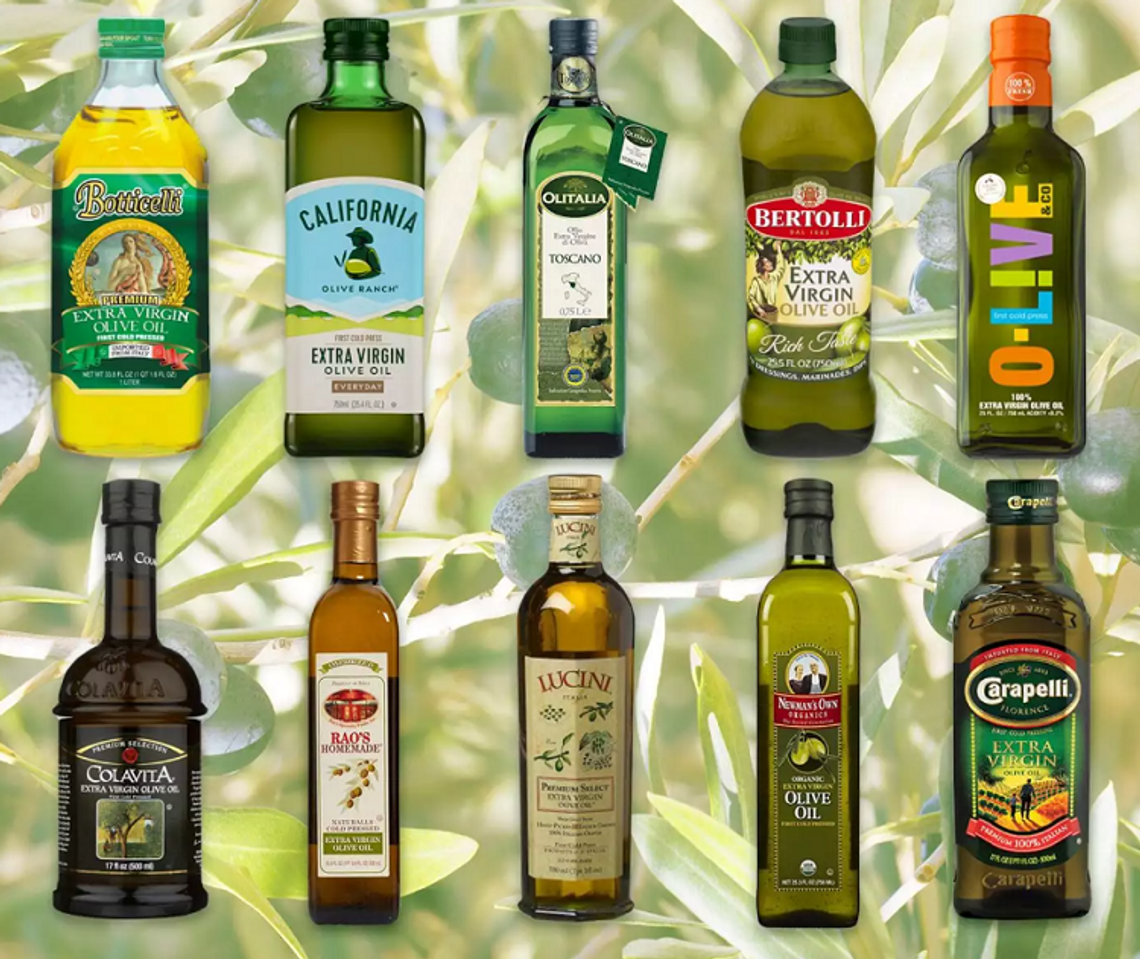
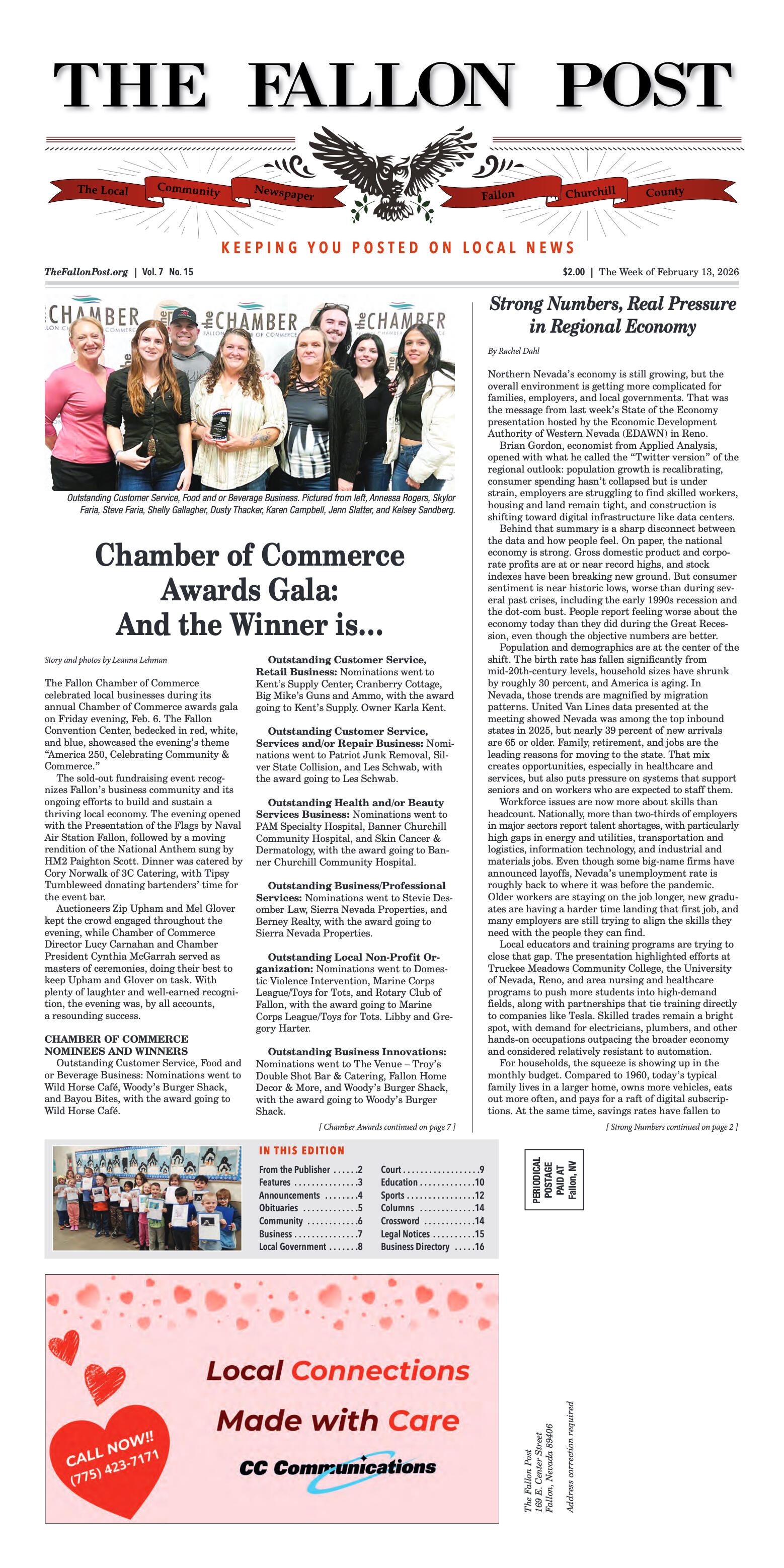
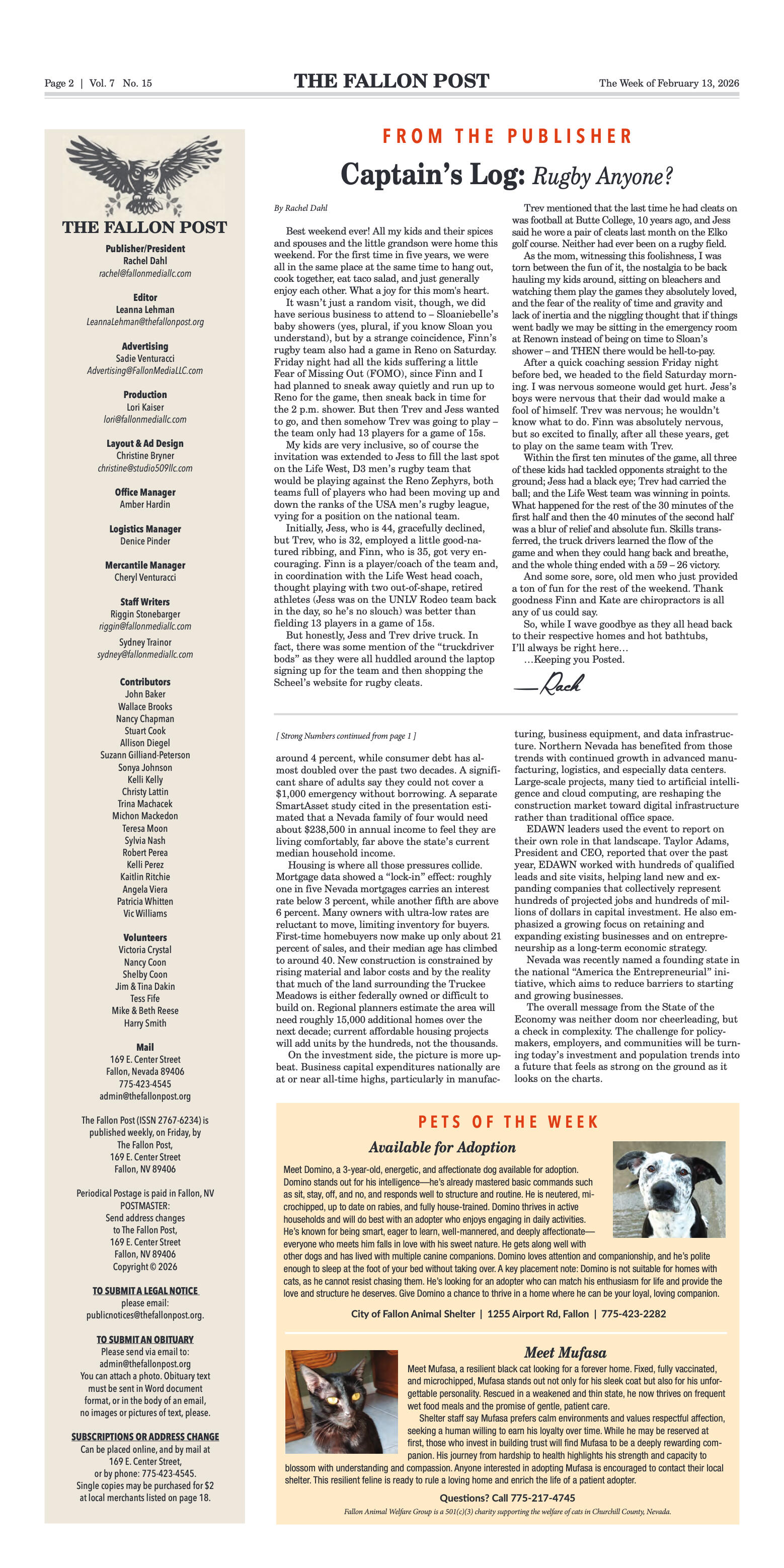
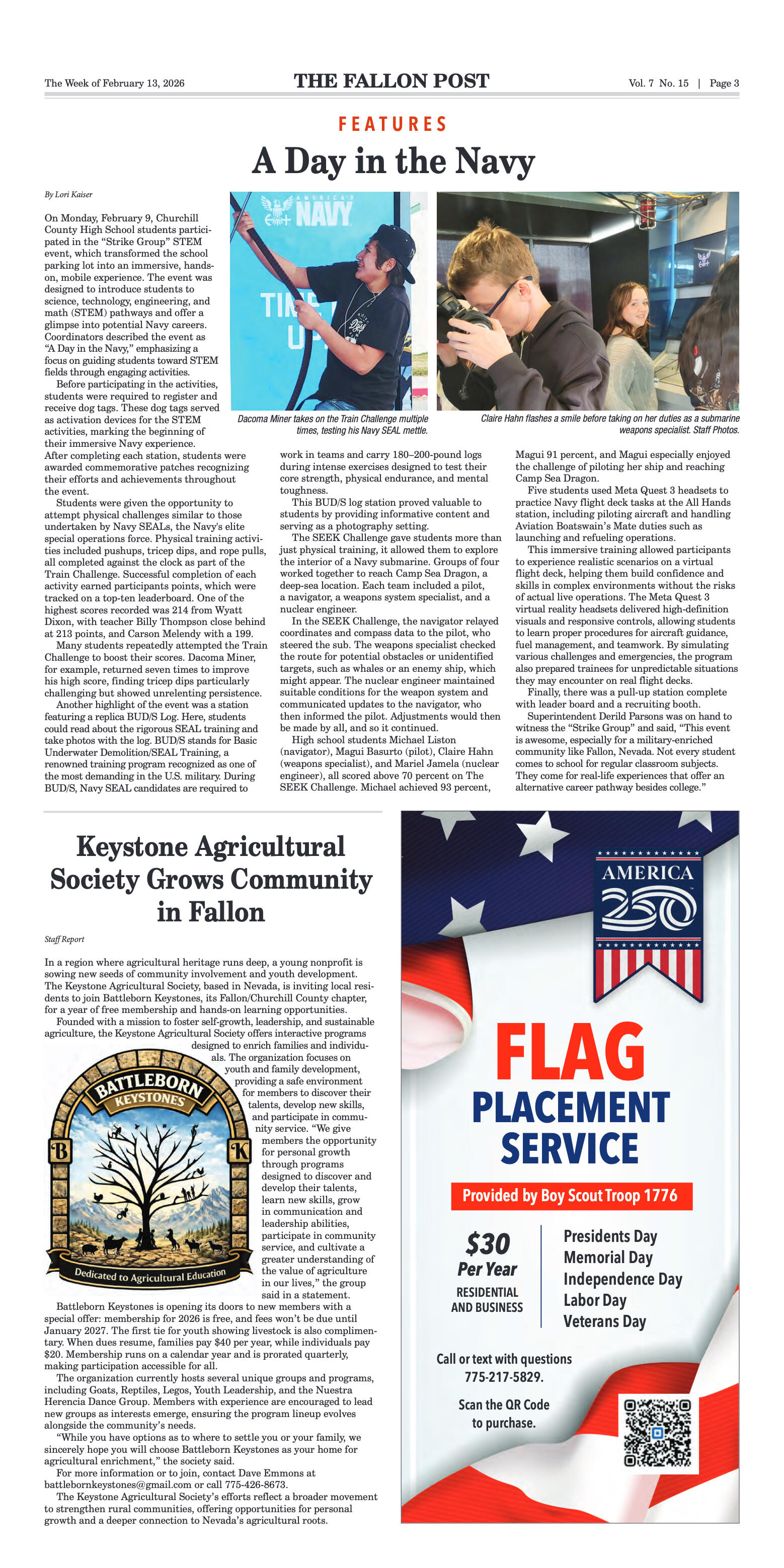
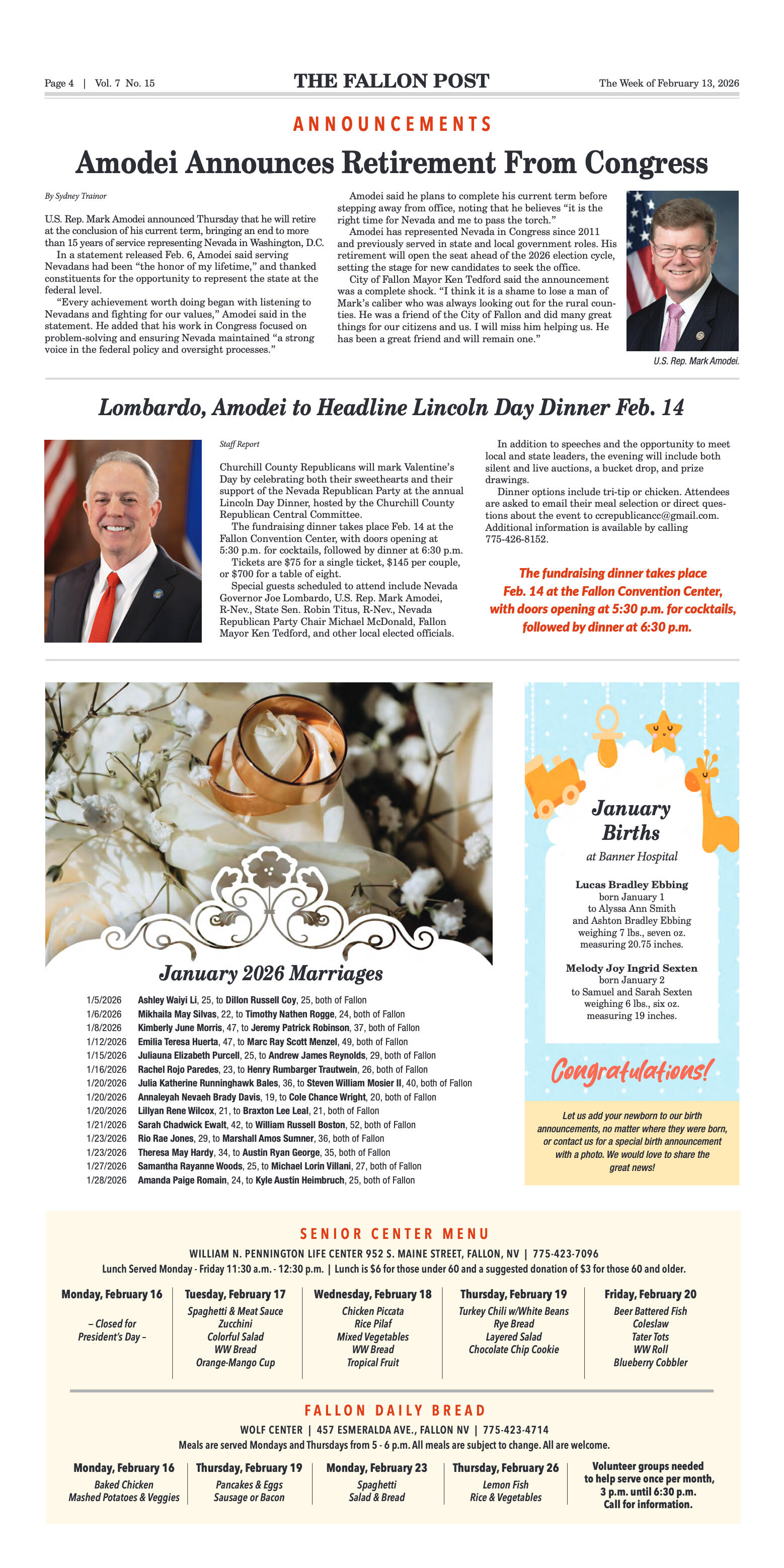
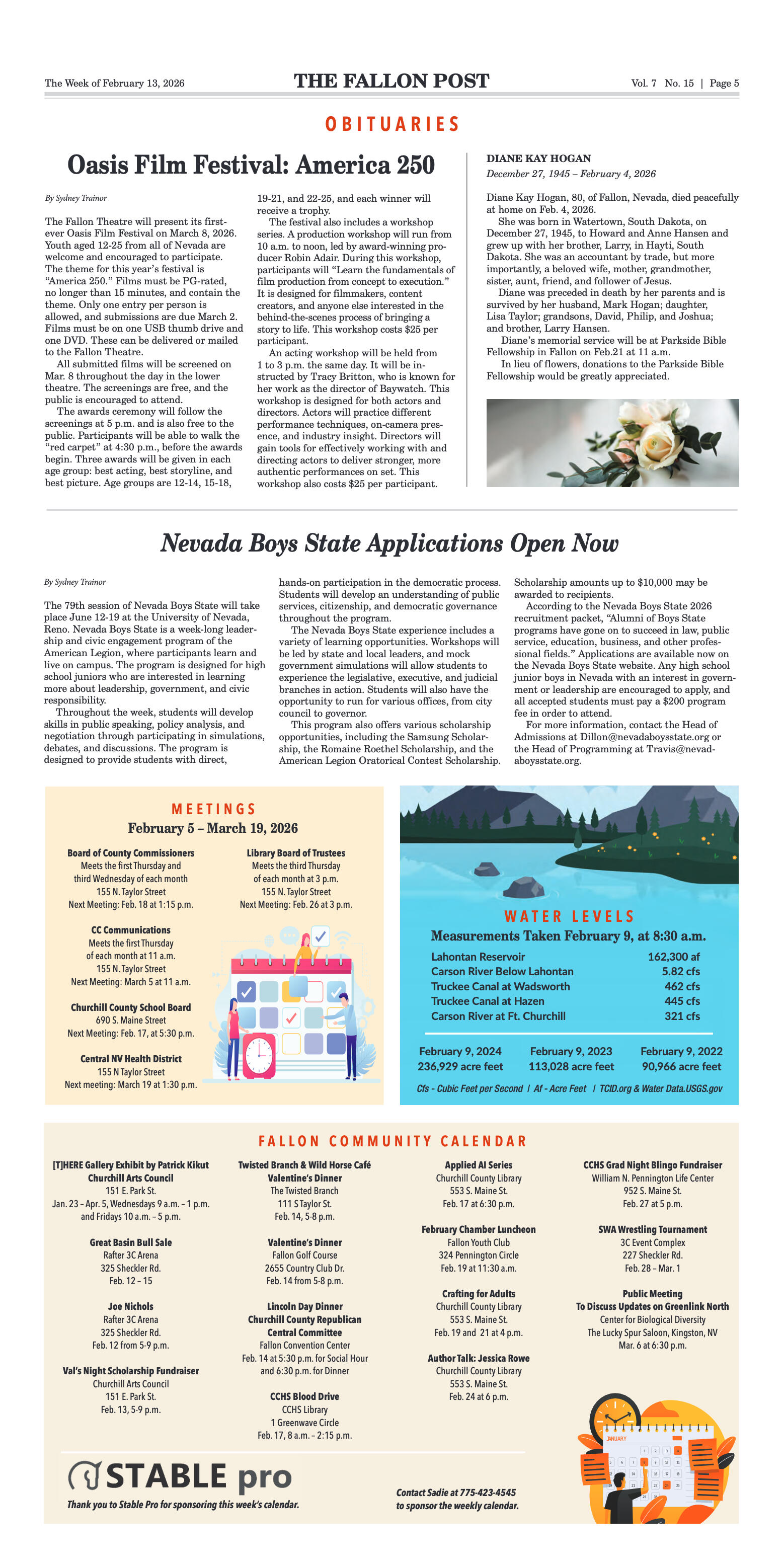
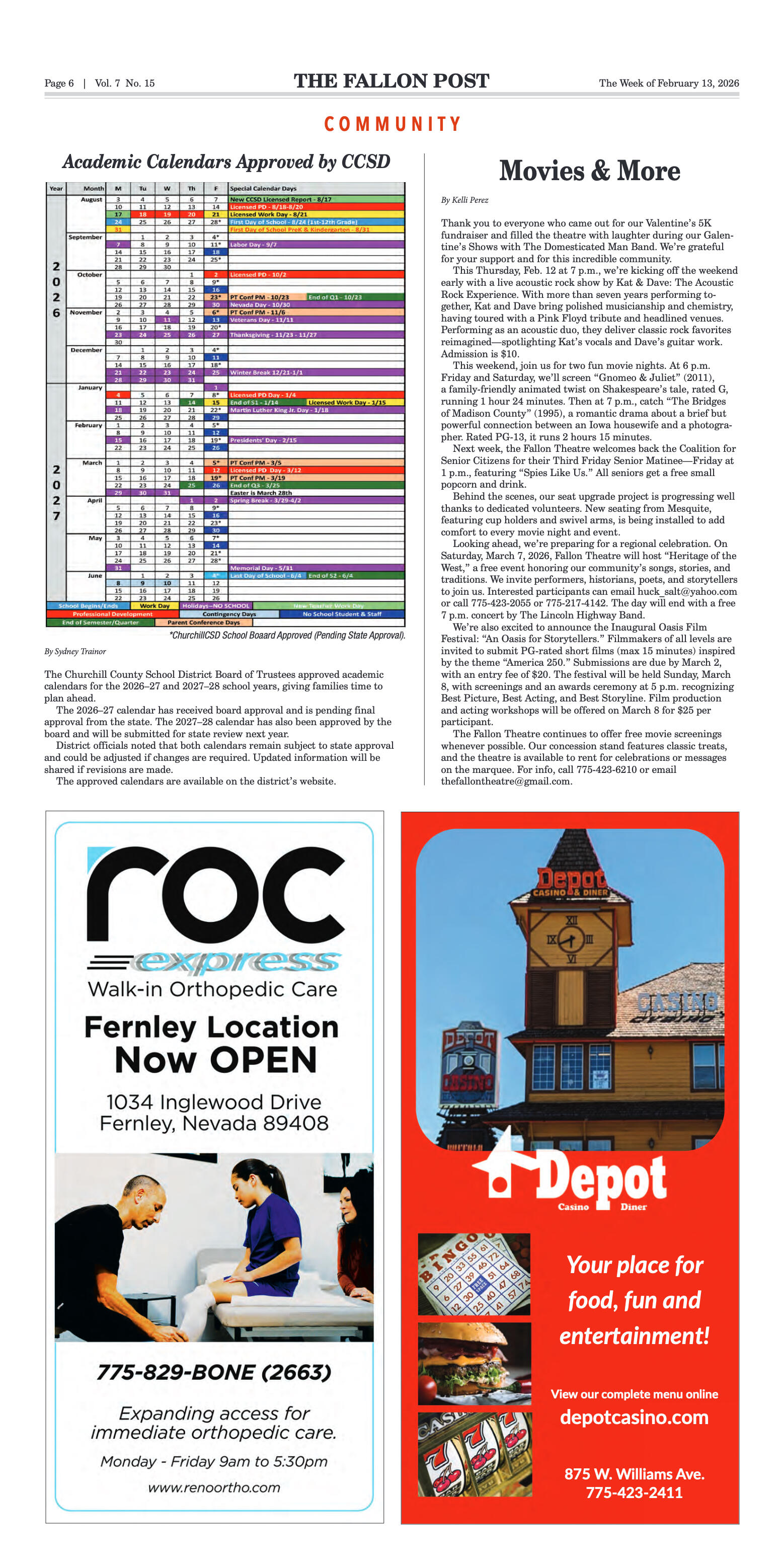
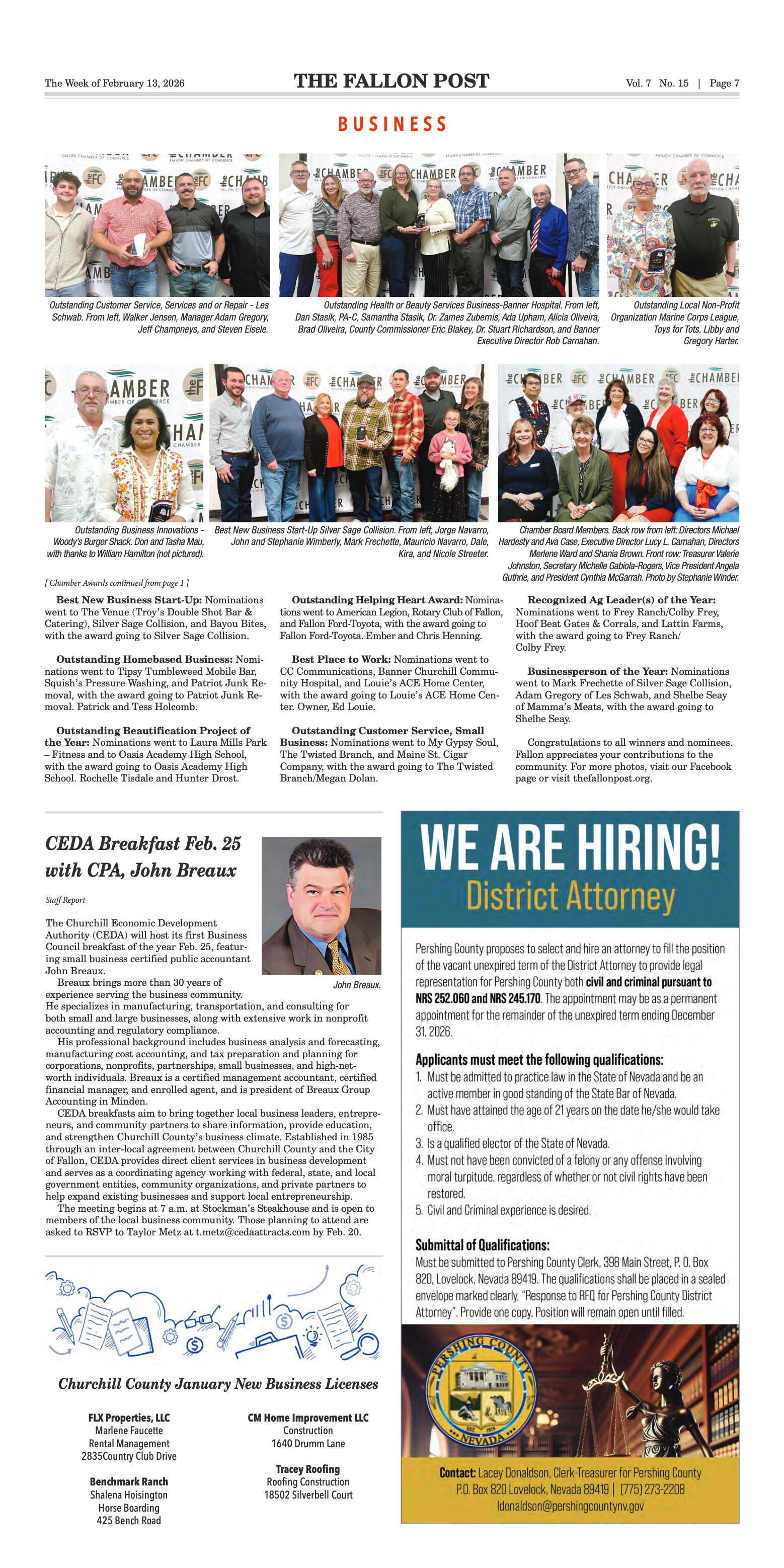
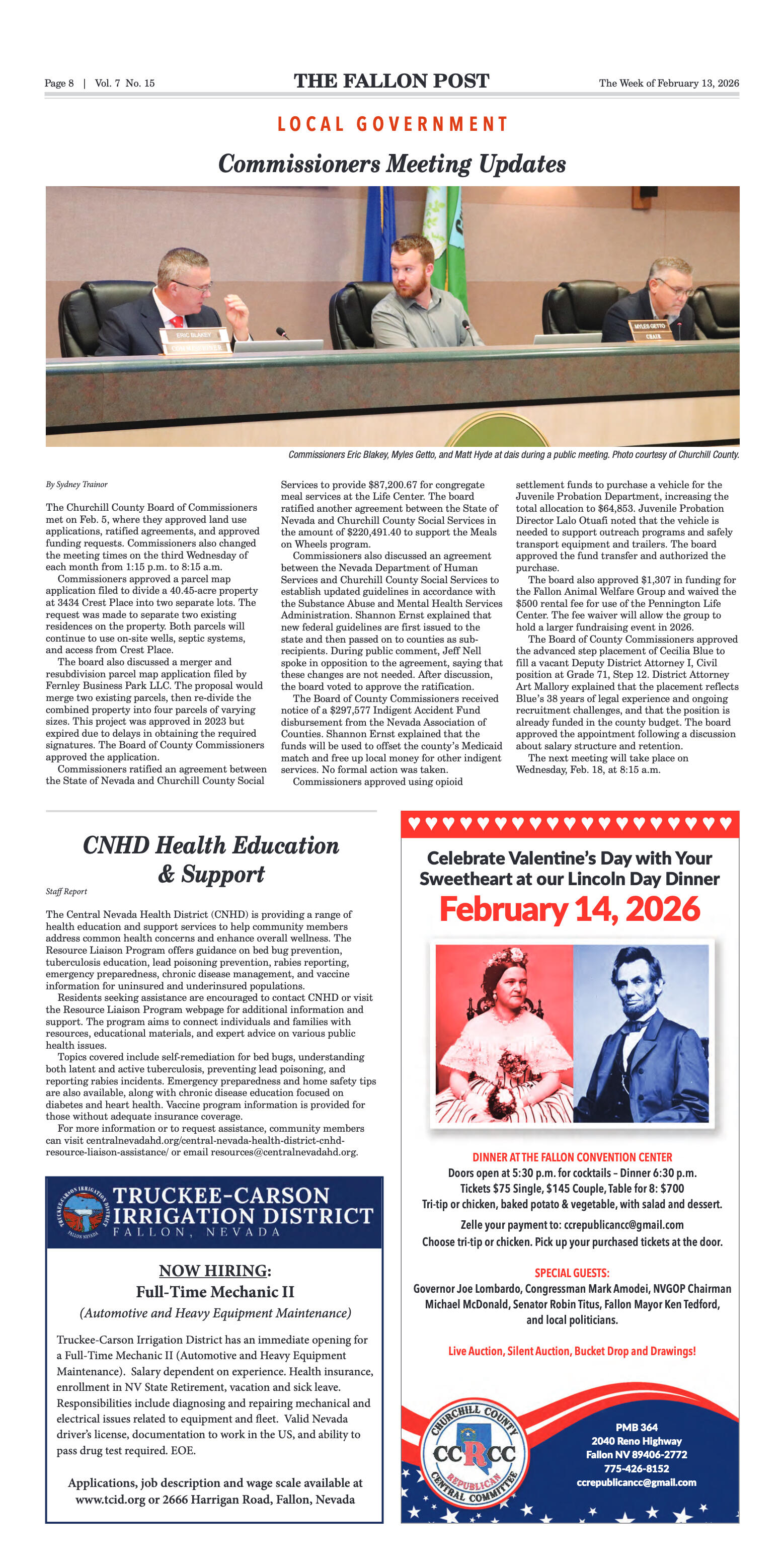
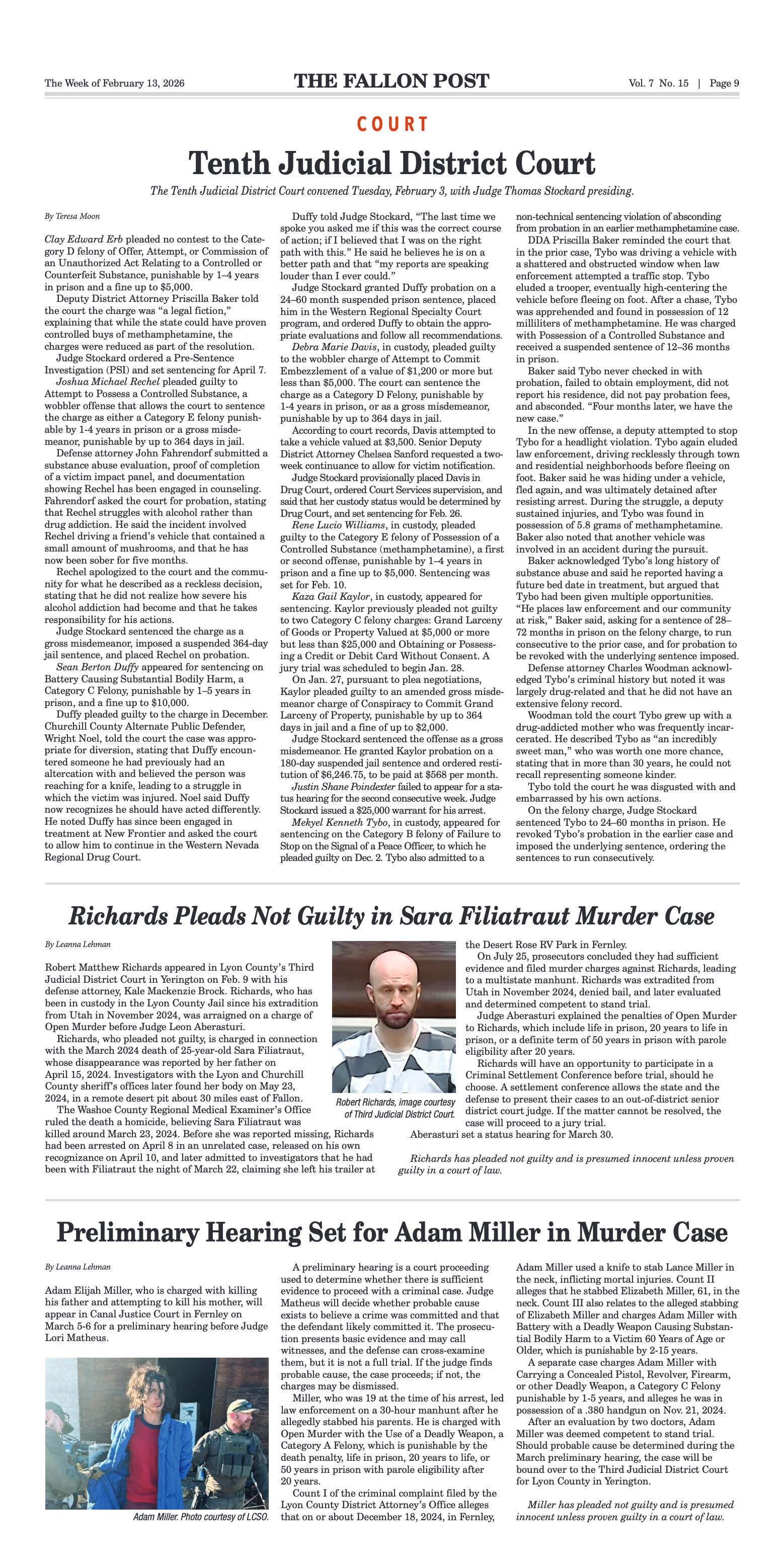
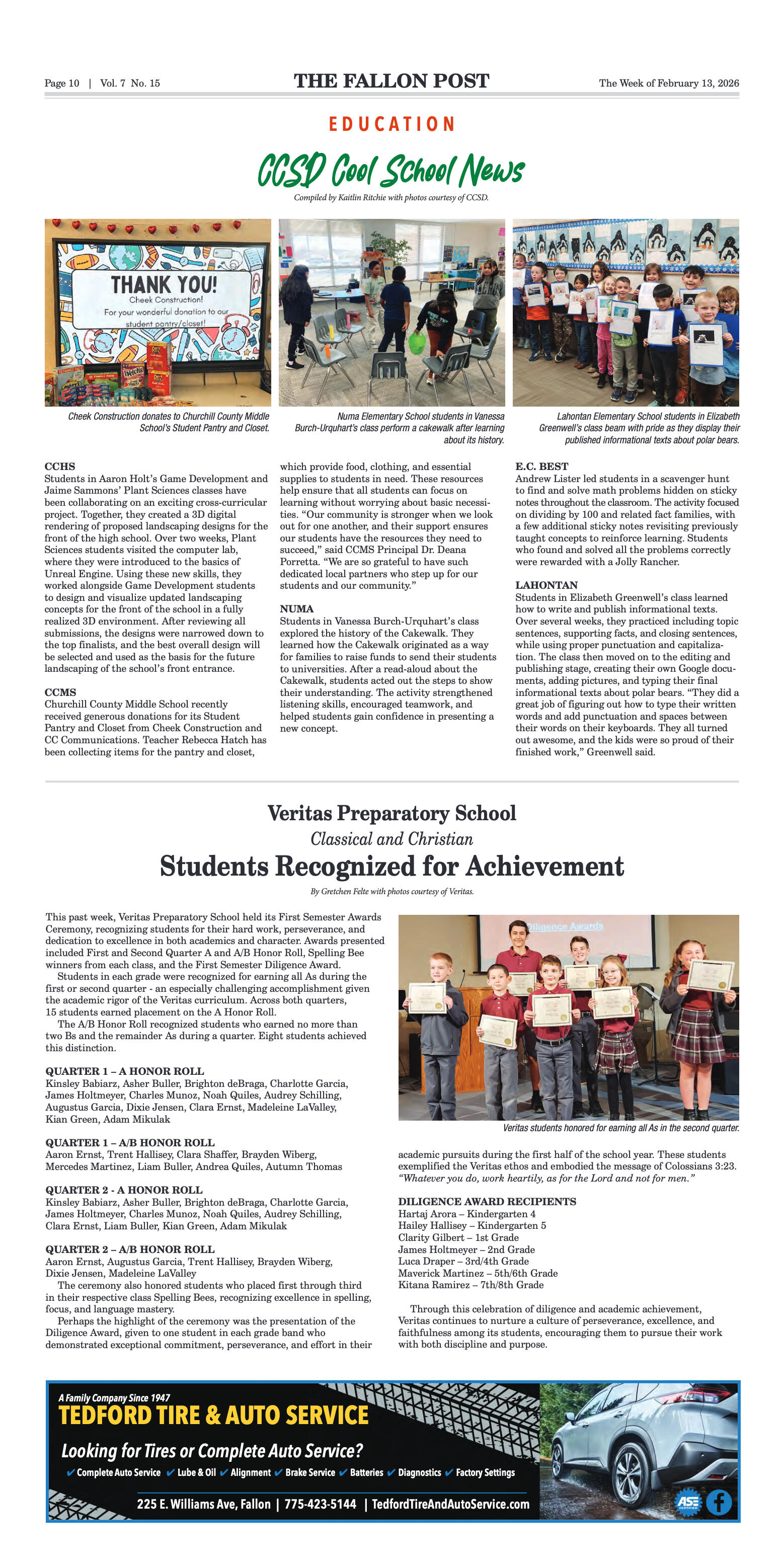
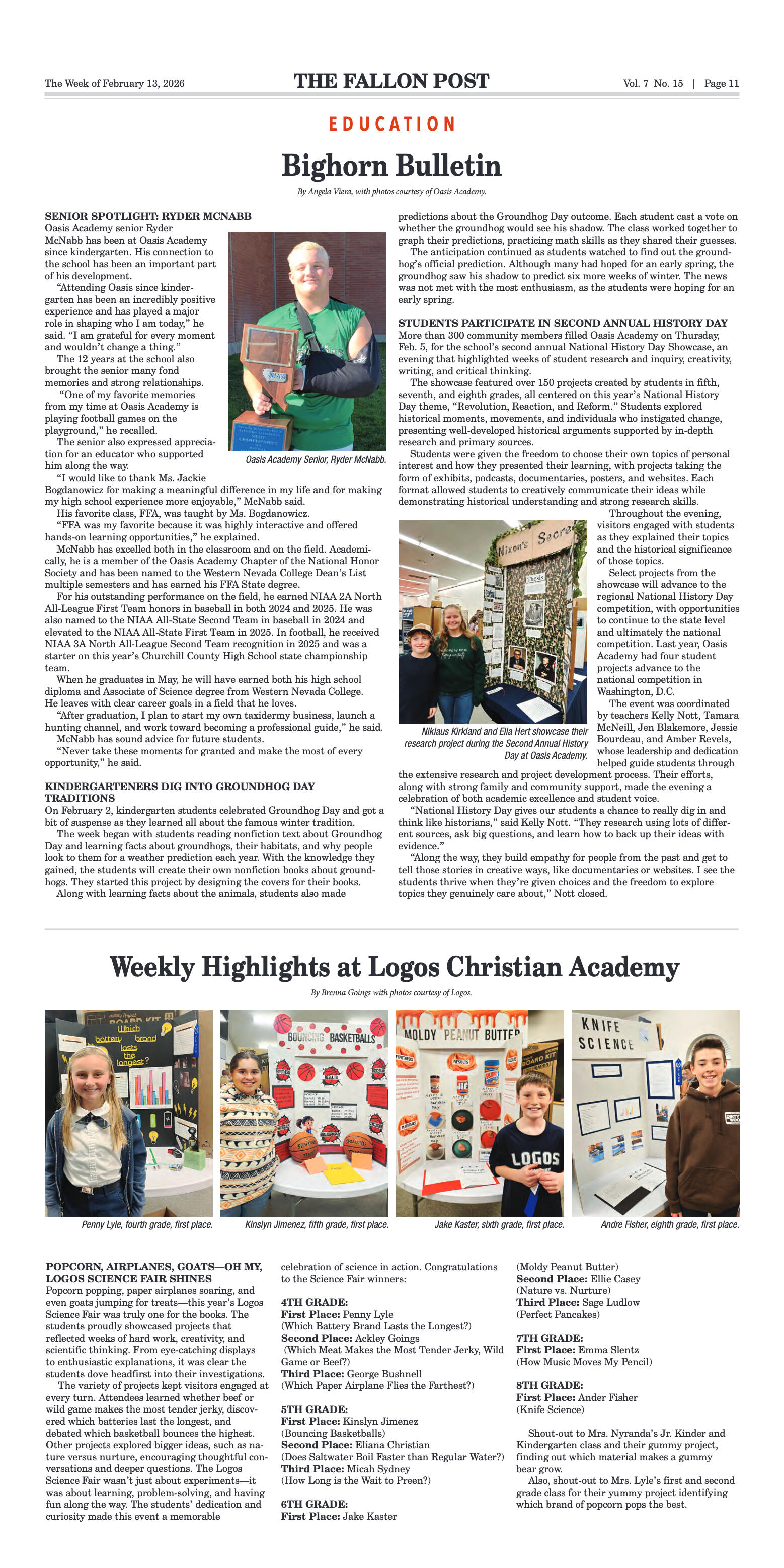
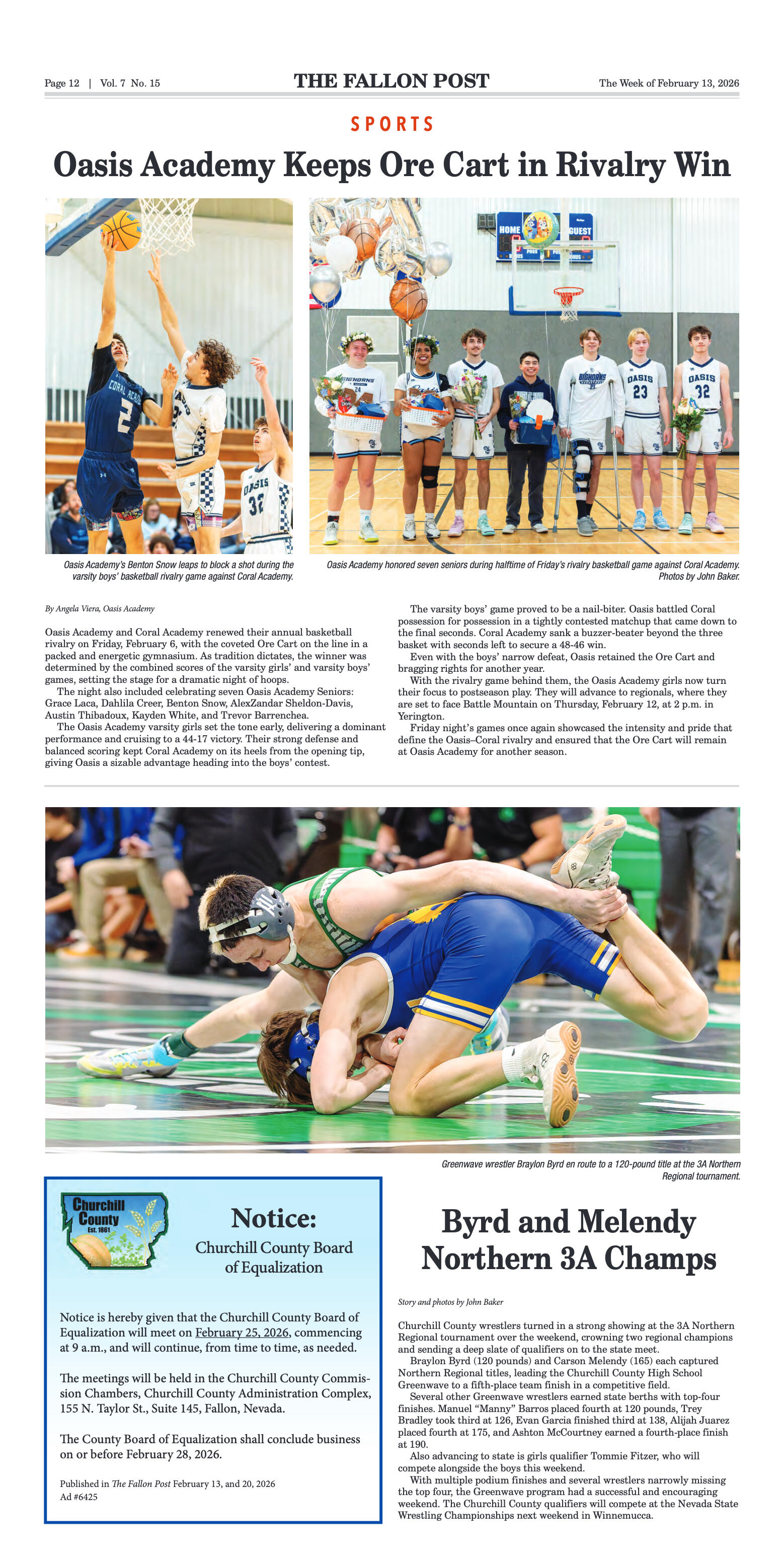

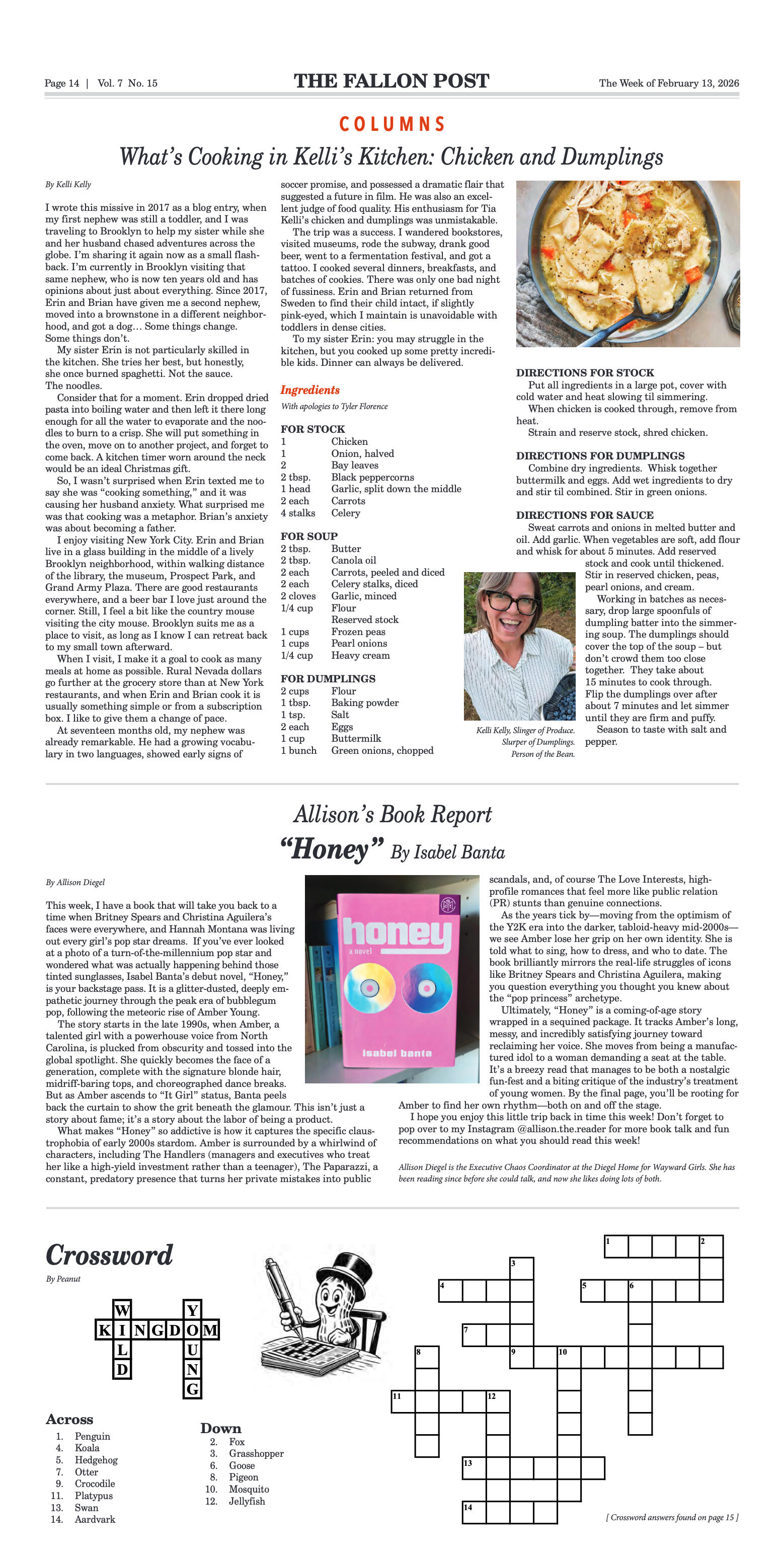
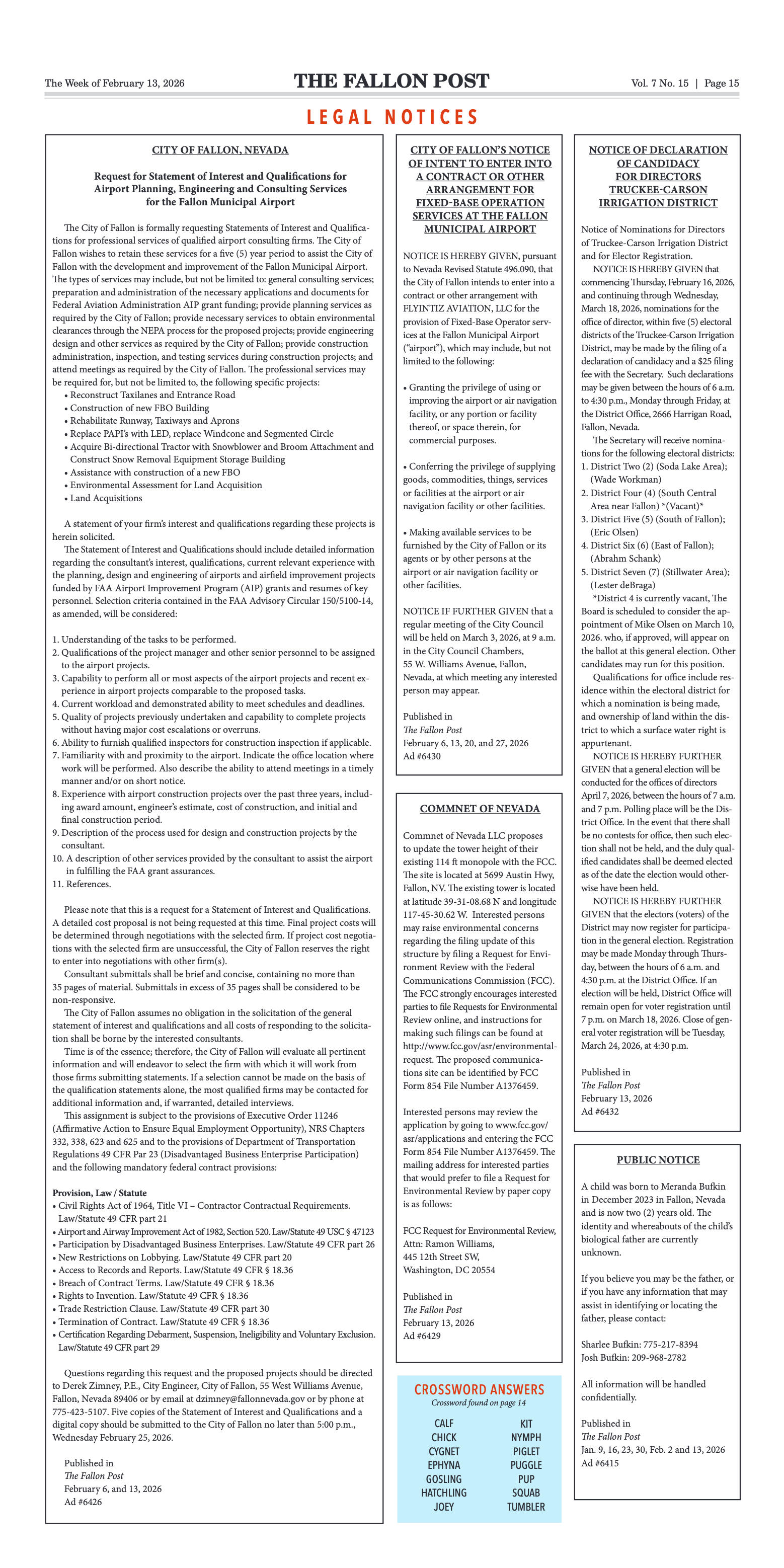
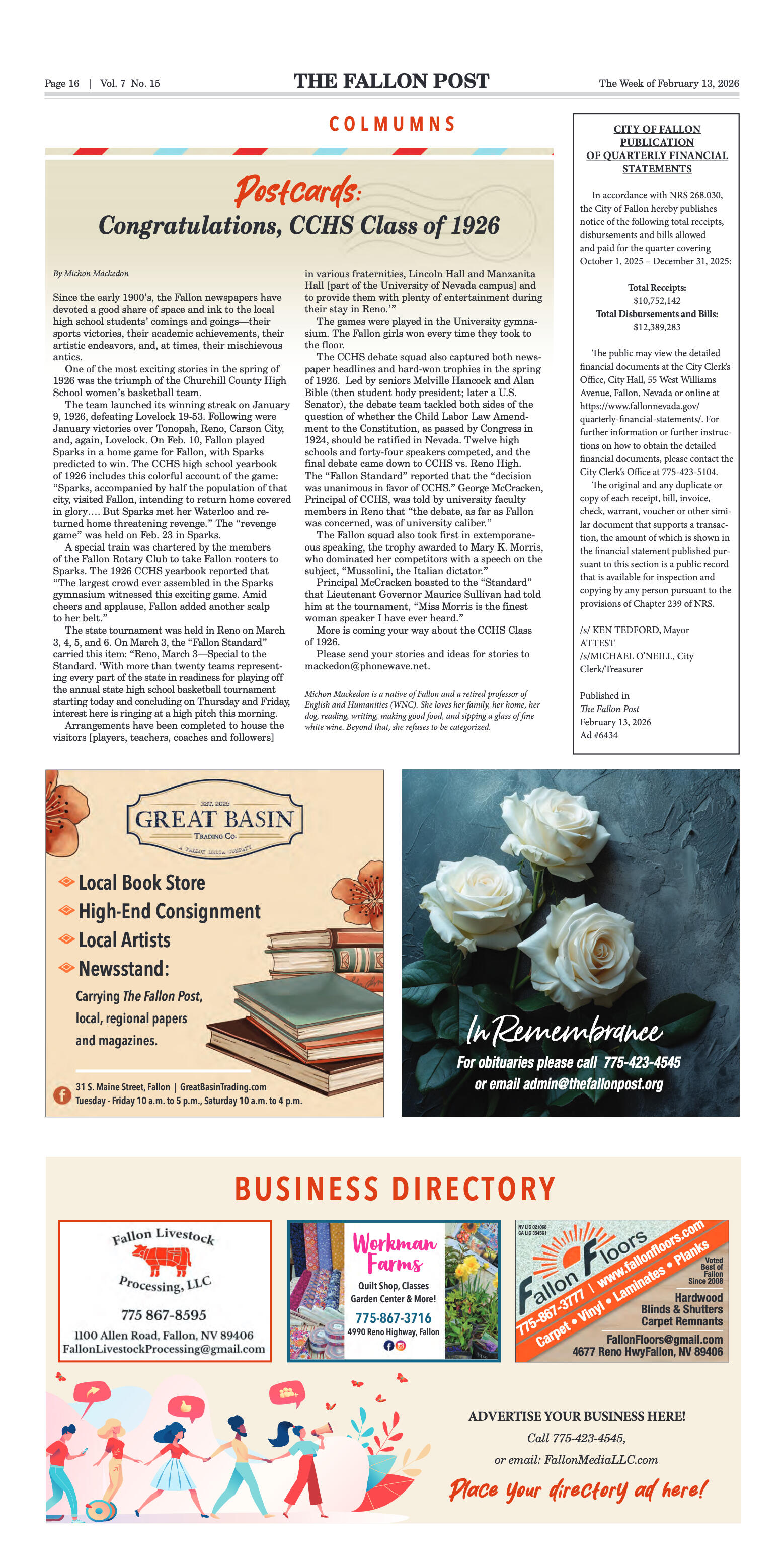

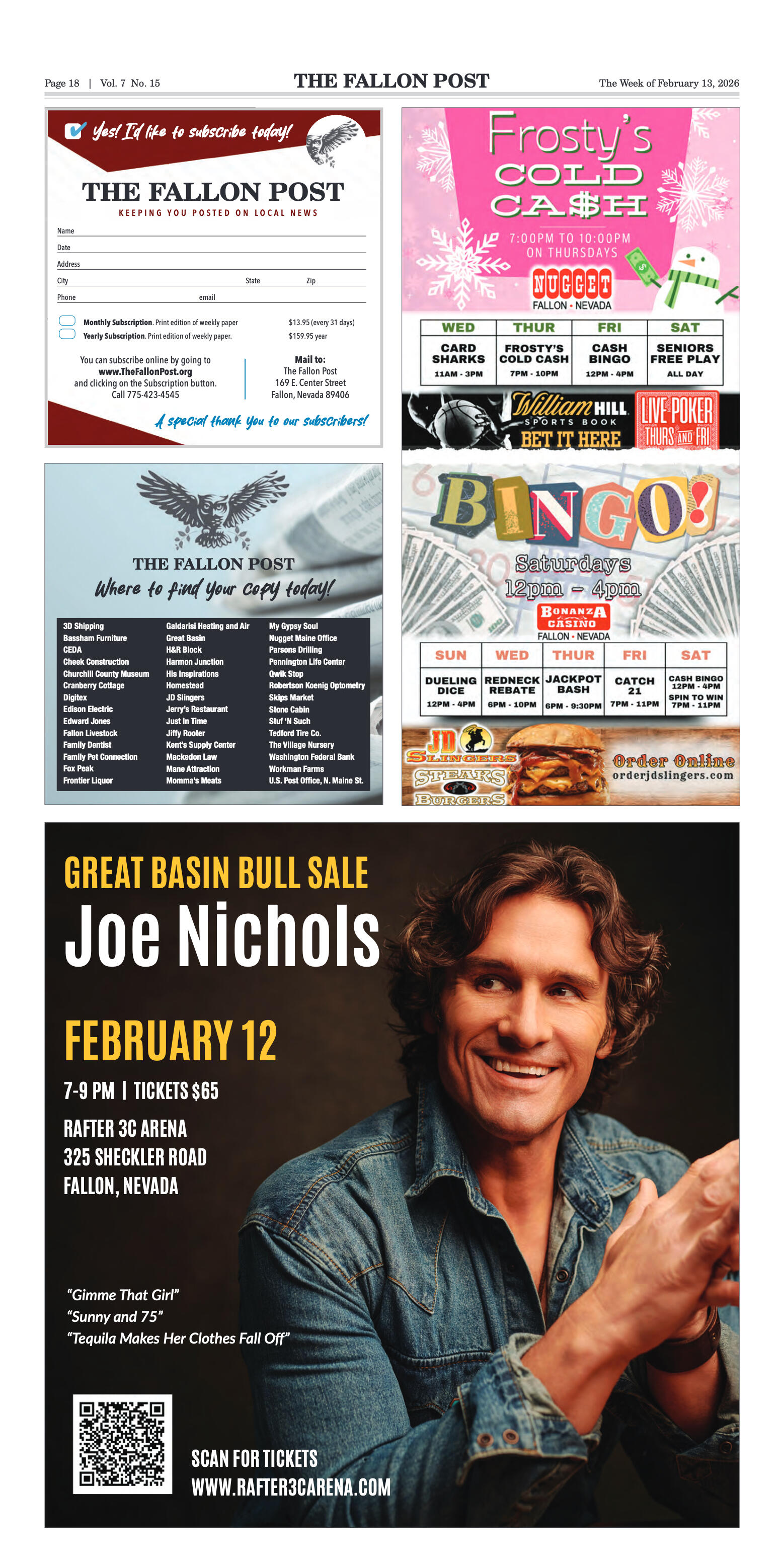






















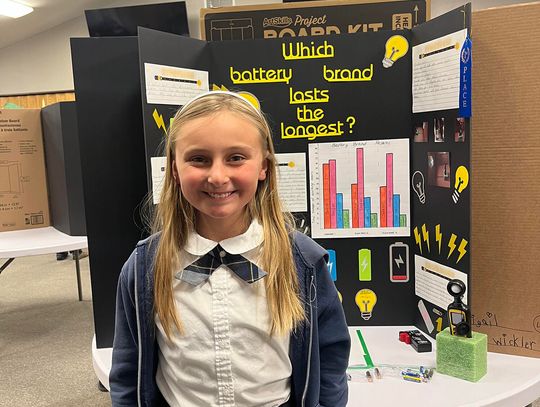

Comment
Comments